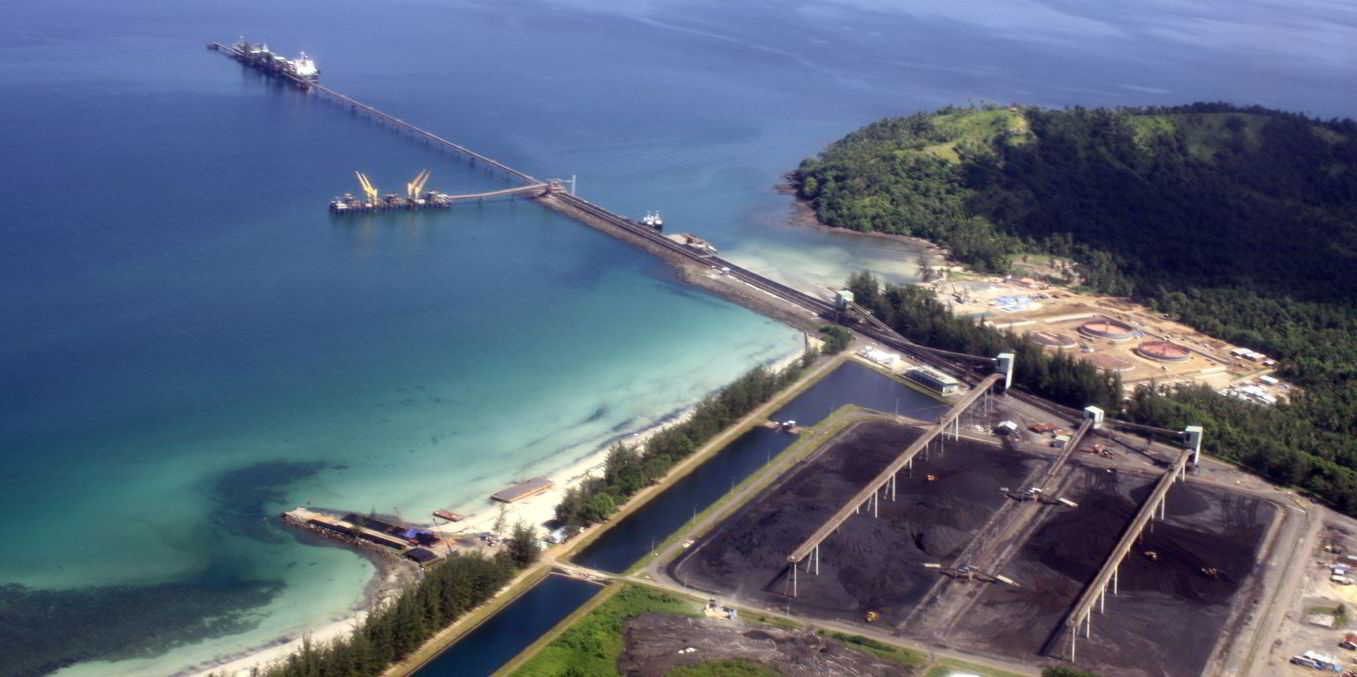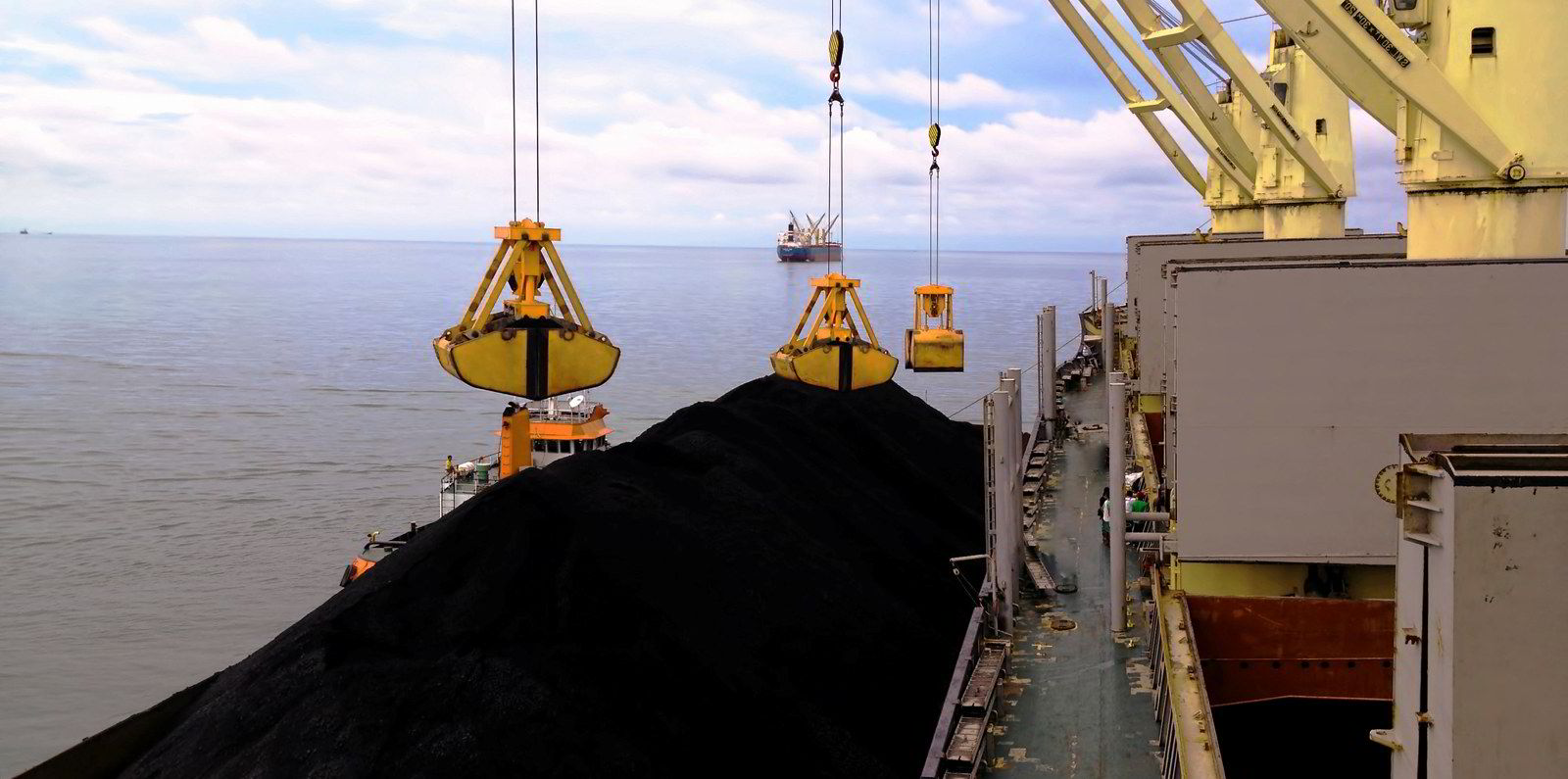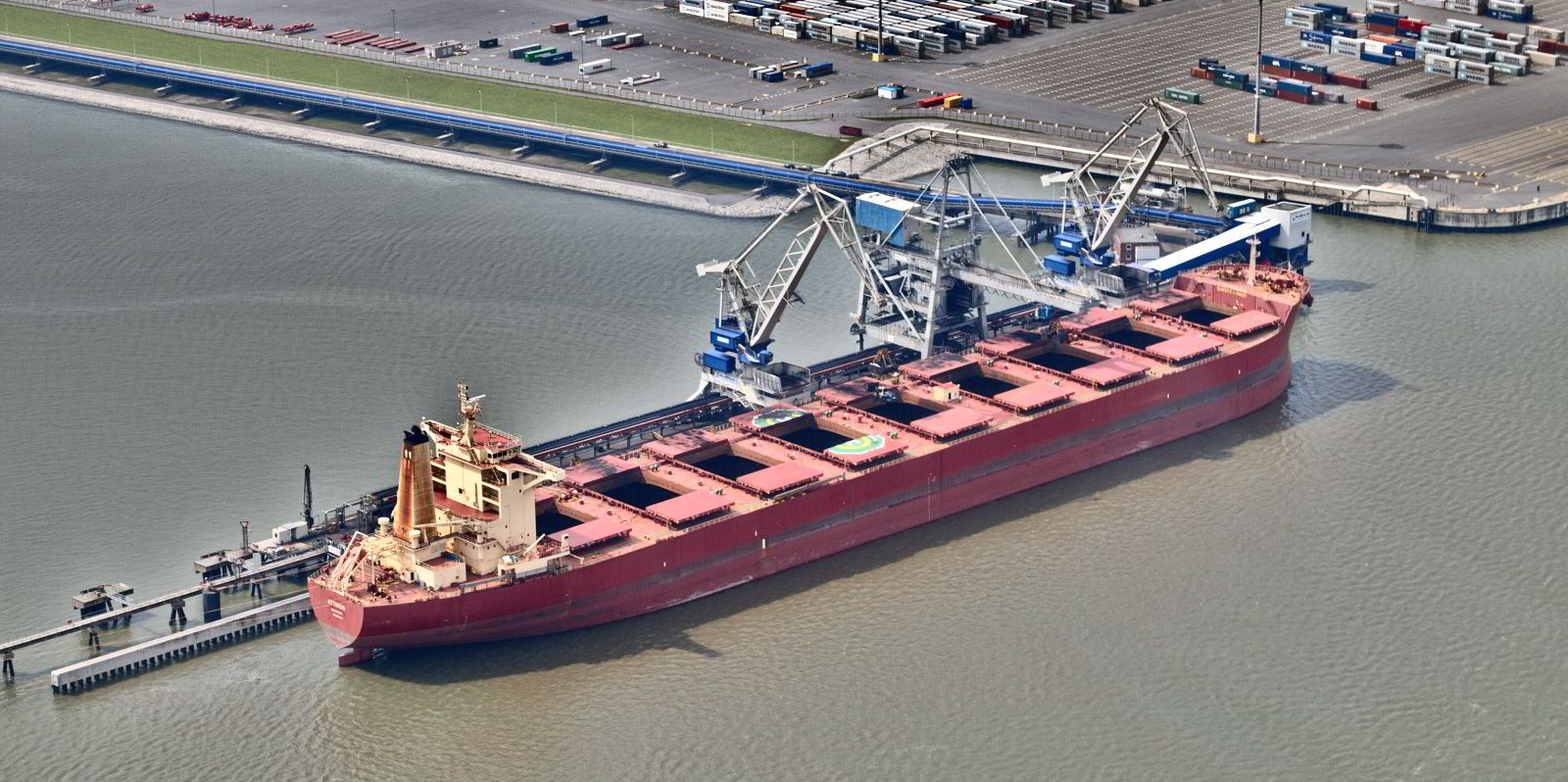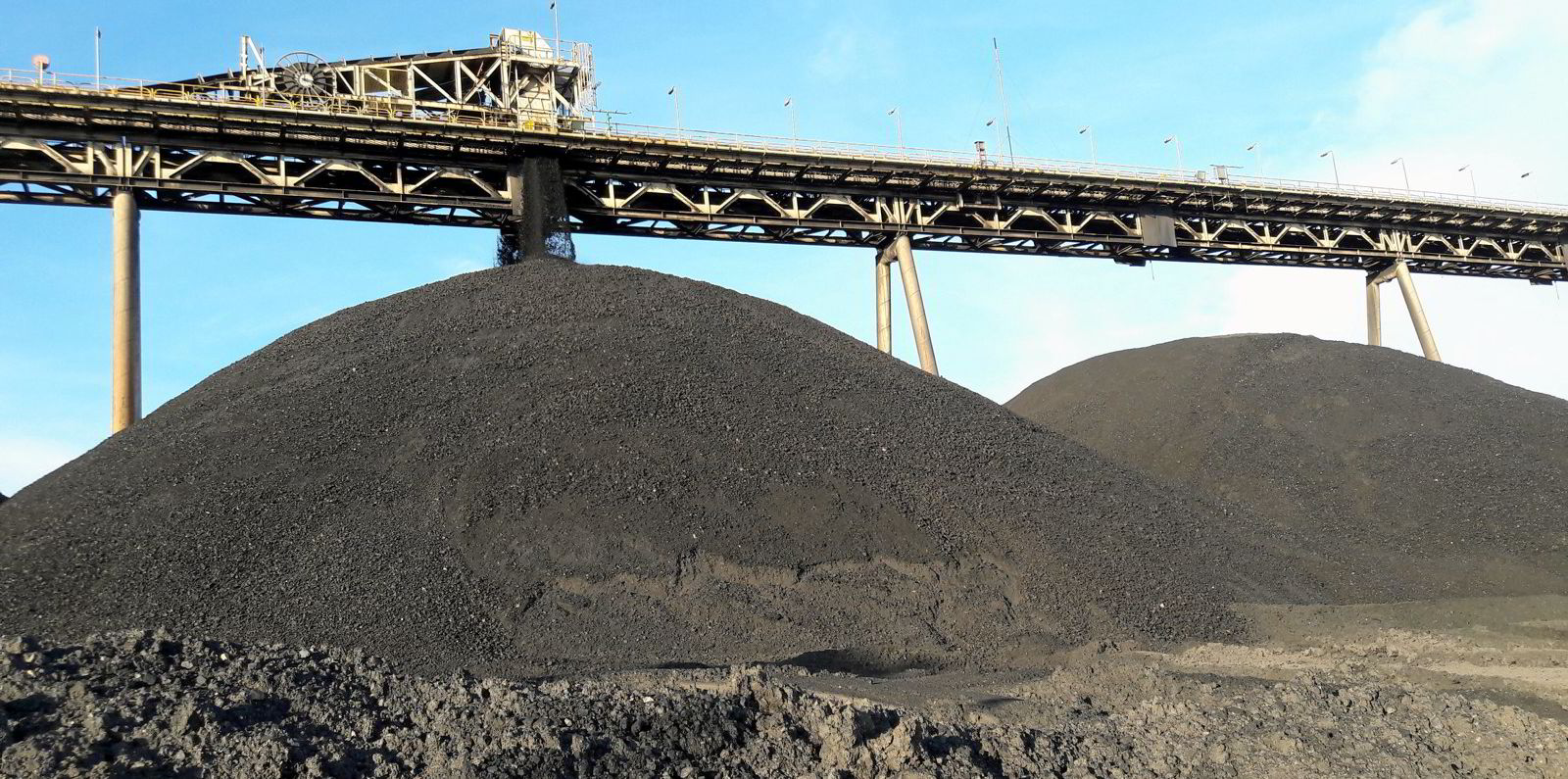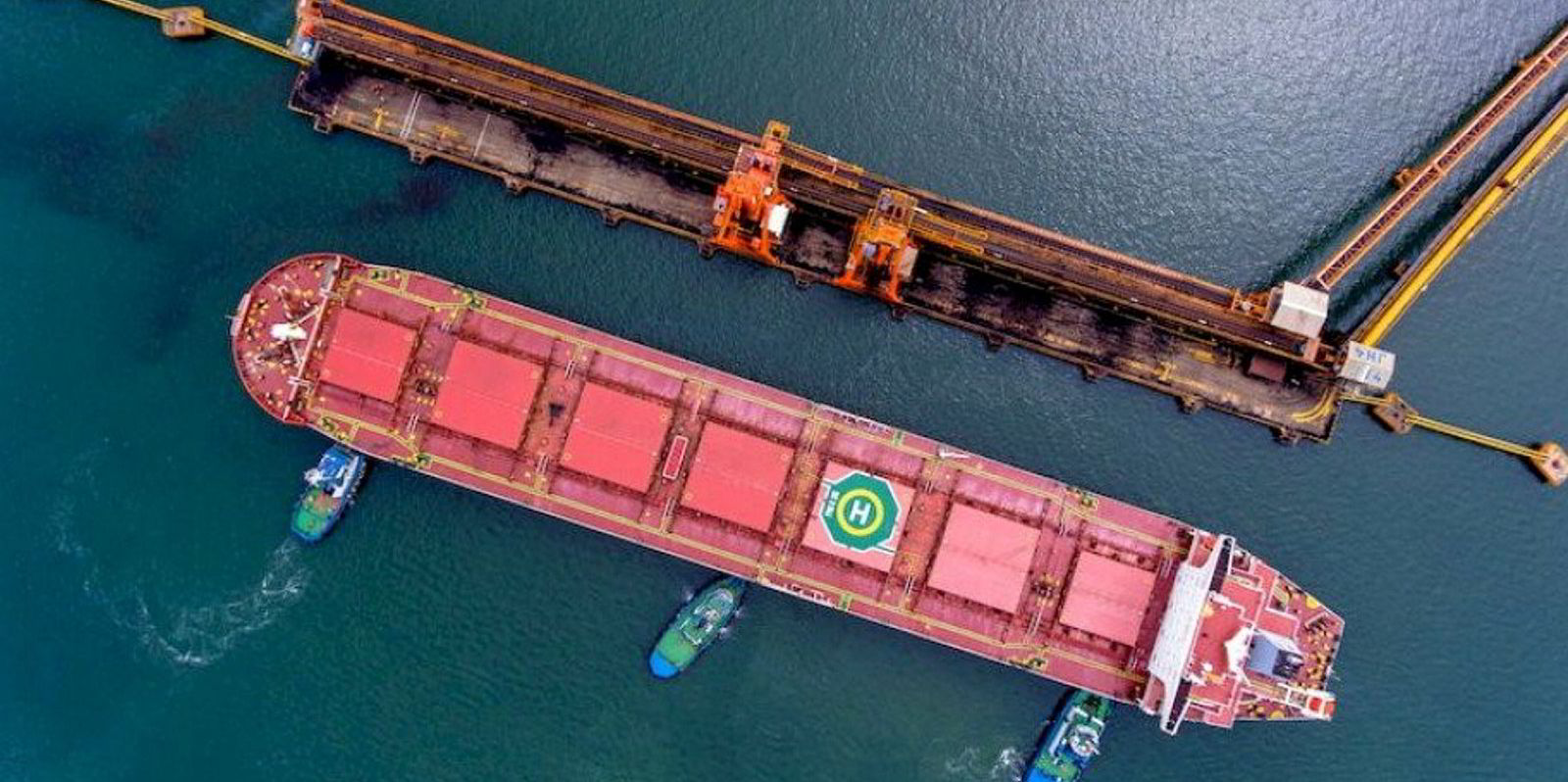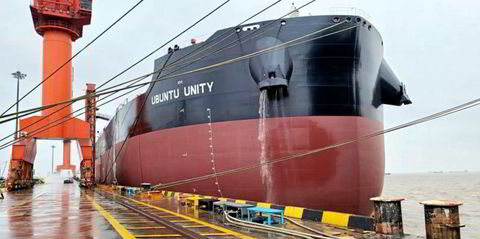The dry bulk sector is waiting nervously in the hope that a sudden Indonesian coal export ban imposed during the last hours of 2021 will be reversed at a meeting scheduled for Wednesday between the government and its coal industry.
The Ministry of Energy & Mineral Resources said the decision to halt coal exports in January was needed because power station supplies were critically low.
S&P Global Platts estimates that an average of 400 supramaxes and panamaxes load coal out of Indonesia every month. The country exports around 400m tonnes of coal per year.
The speed with which the export ban was implemented — within a few hours — caught many partly loaded ships off guard.
Shipping agents told TradeWinds that, based on shipping movement lists for the last week of December, more than 100 bulk carriers could have been loading coal in the ports and anchorages of Kalimantan in Borneo when the ban went into effect.
Some ships, fully loaded and ready to sail, were denied sailing permits.
Indonesian coal loading ports are not equipped to unload vessels, which means partly or fully loaded ships will have to stay put for the duration of the ban.
Some domestic dry bulk sources said they have heard unofficially that the government may give permission for these ships to carry whatever coal they have on board to Indonesian power stations.
However, legal sources believe such a voyage could potentially put the vessel's owner at serious legal risk. Not only did they express concern over the legalities of a foreign-flag vessel performing a cabotage-protected voyage, they raised the question of who would ultimately be responsible for paying for that voyage.
"Something else that needs to be taken into consideration is who the legal owner of the cargo was at the time it was loaded onto the ship. This could lead to expensive misdelivered cargo claims, " said a Singapore lawyer.
Brokers said the biggest problem for now lies with the 40 or so bulkers that are scheduled to arrive in Indonesia to load coal over the next week.
"The question is: what are they going to do?" said a Singapore dry bulk broker.
Limited options
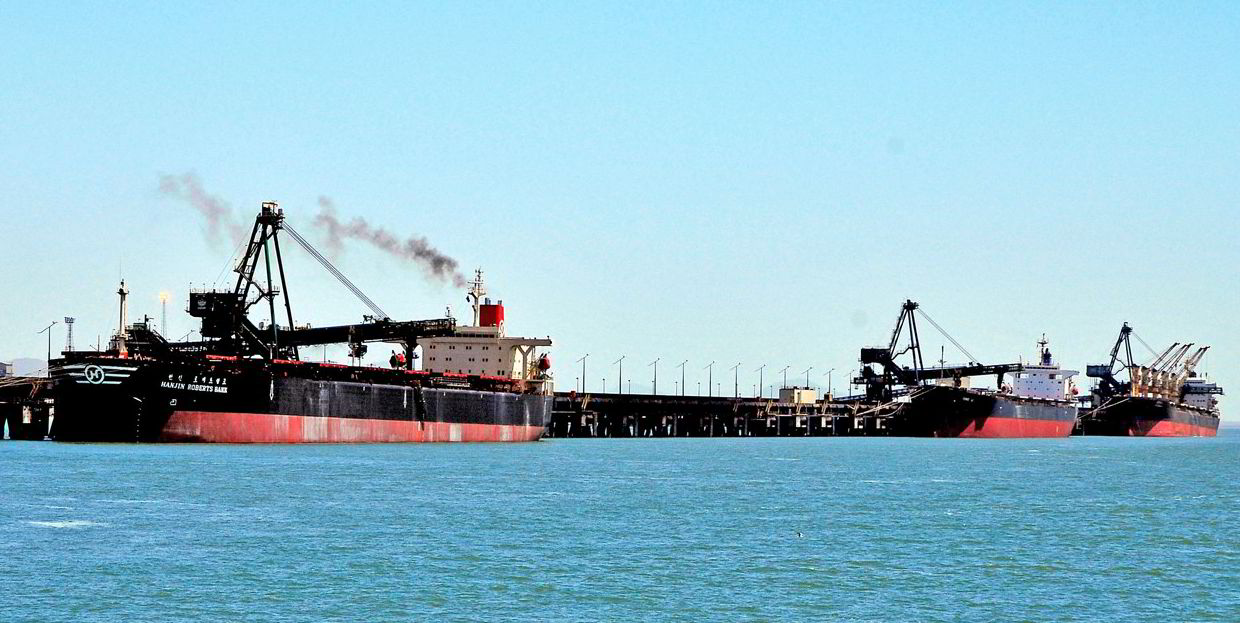
"Owners are telling us that they are afraid to tender a notice of arrival because they won't get demurrage from shippers, who are all declaring force majeure. At the same time, they are reluctant to cancel a fixture, because if they don't show up, they could open themselves up to breach of contract claims.
"Right now, everyone is just standing by."
Dry bulk sources in Asia claim that if the ban decision is not reversed, and producers continue to declare force majeure, it could lead to a collapse of panamax and supramax rates as vessels seek alternative cargoes elsewhere.
It is unlikely that Australia and the North Pacific could absorb all these ships, but shipowners are not left with many choices, sources told S&P Global Platts.
This could translate into a long list of vessels ballasting towards the eastern coast of South America or towards the Indian Ocean, which could crash rates in these locations.
However, brokers to whom TradeWinds spoke said it is too early to make a repositioning call.
They believe a clearer picture will emerge on Wednesday when the national Directorate General of Coal & Minerals, together with other government ministries, meets the country's coal industry associations and largest miners.
Local coal sector sources said that backtracking on export bans often happens after such meetings.
"We hear that the top coal producers have proposed supplying power plants with 5m tonnes of coal in January if exports can resume," one coal shipper explained.
Other sources within the domestic coal and shipping sectors said they too had heard of this proposal by the top mines, but cautioned that the information is being passed by word of mouth and no official announcement has been made by either side.
They questioned how such a large volume of coal could be shipped to power plants within a month when there are not enough Indonesia-flag vessels to carry it.
